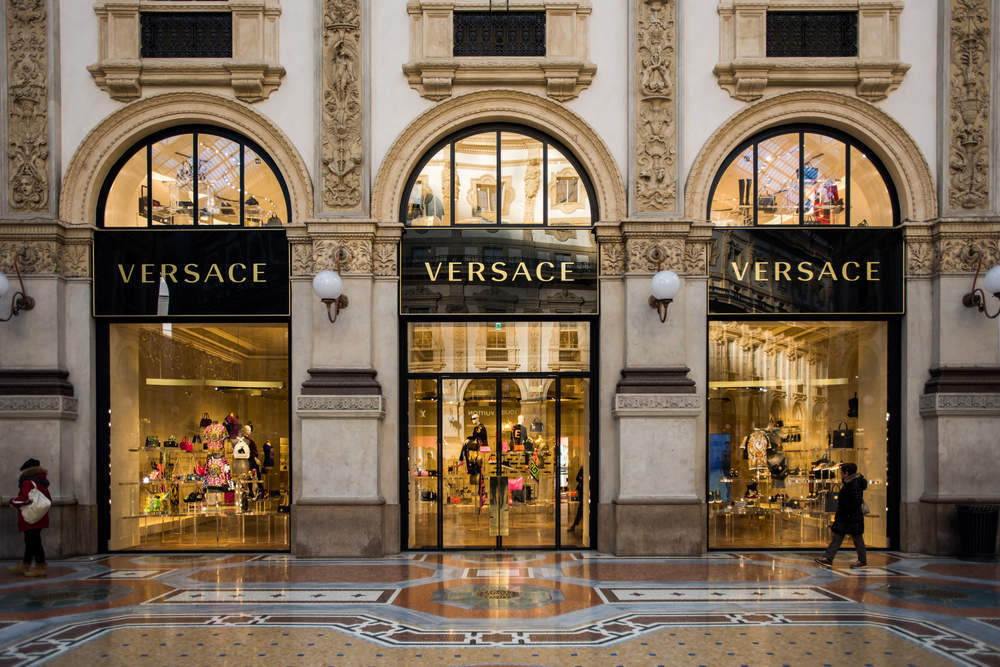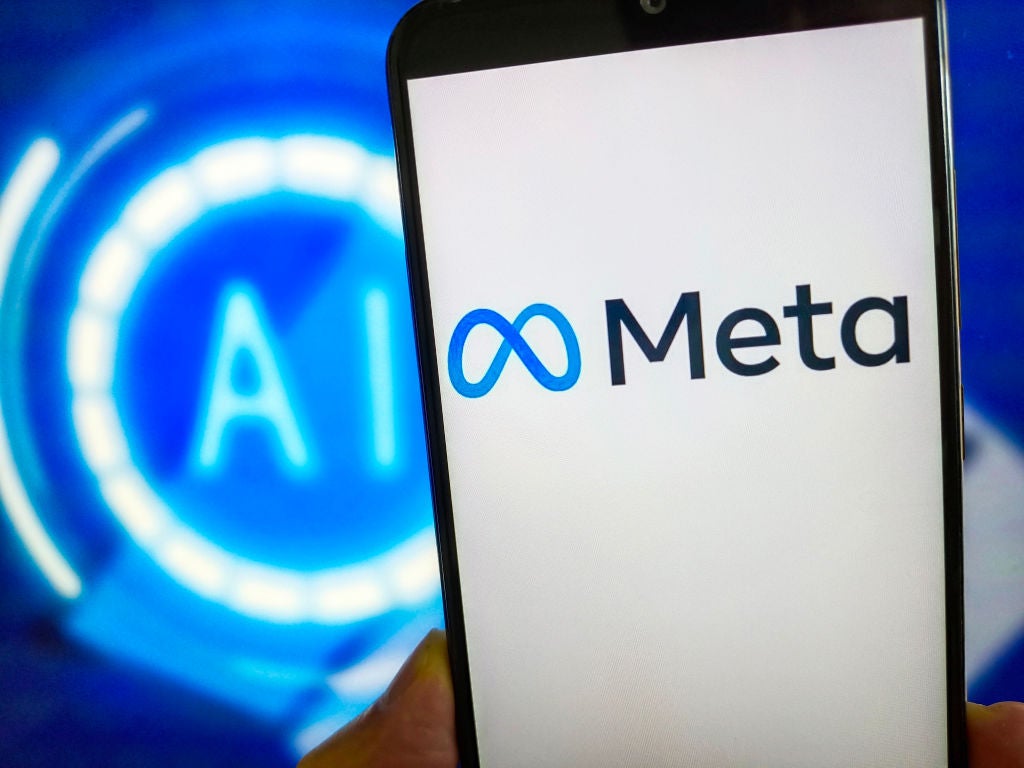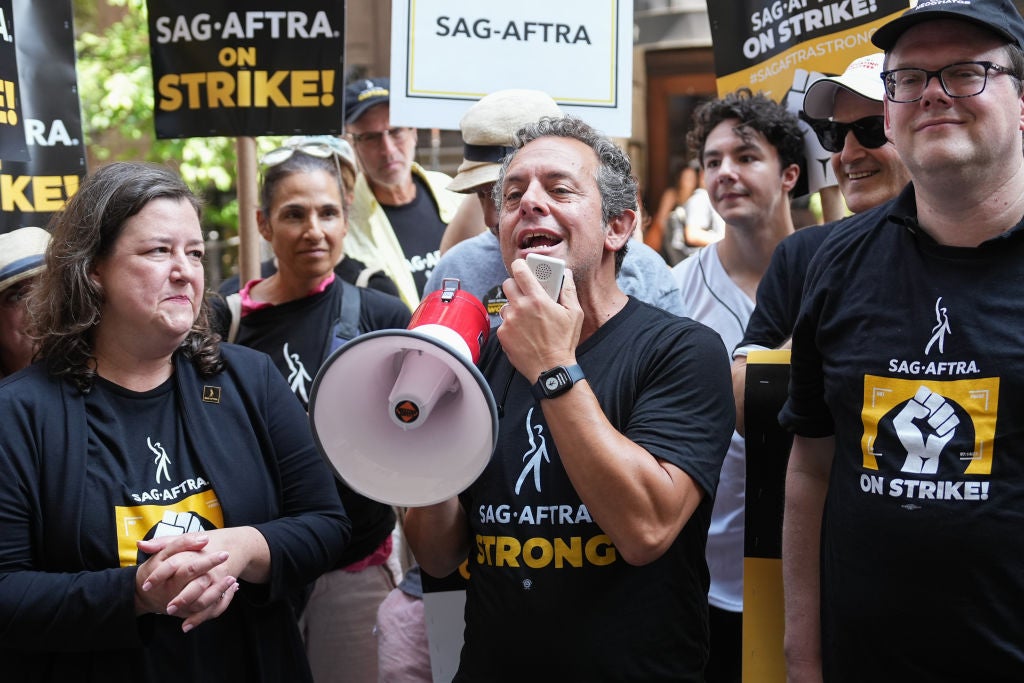
US fashion giant Michael Kors confirmed the purchase of the historic Italian fashion house Versace, for a sum of $2.1bn. Kors’ move marks a major shake-up of the global luxury fashion market, as the market looks increasingly consolidated. Michael Kors will also rebrand as Capri Holdings following the acquisition.
Kors’ acquisitions highlight its ambitious plans
Kors has stated that it hopes to grow Versace’s revenues from approximately $808m to $2bn beyond 2022, by expanding its physical presence across the globe, increasing its footwear and accessory inventory and establishing a stronger online presence.
While these forecasts appear optimistic, Kors has a history of rapid growth.
The business grew from $803.3m in FY2011 to $4.3bn in FY2015, although its growth has been much more tempered since, with $4.7bn revenues in FY2018. .
In 2017 Michael Kors purchased shoe and accessory powerhouse Jimmy Choo for £896m ($1.1bn). For the fiscal year ended 31 2March 2018 Jimmy Choo contributed incremental sales of $222.6m, which provided a strong boost of profits for Kors.
If Kors manages to reach its sales projections of $2bn for Versace, $1bn for Jimmy Choo and $5bn for Kors in the coming years, its revenues would be approaching the $10bn mark, compared to competitor Kering’s $15.4bn in 2017.
How well do you really know your competitors?
Access the most comprehensive Company Profiles on the market, powered by GlobalData. Save hours of research. Gain competitive edge.

Thank you!
Your download email will arrive shortly
Not ready to buy yet? Download a free sample
We are confident about the unique quality of our Company Profiles. However, we want you to make the most beneficial decision for your business, so we offer a free sample that you can download by submitting the below form
By GlobalDataMarketLine data suggests that in 2022, the global luxury goods market will have a value of $357.4bn, a projected increase of 20.8% since 2017.
Move follows wave of consolidation in luxury
The luxury fashion market has long been dominated by French incumbents LVMH and Kering, which since the 1990’s have become increasingly acquisitive.
In 2016 Dior was sold to LVMH for $13bn, and Kering owns Gucci, Yves Saint Laurent, Balenciaga, Alexander McQueen and Bottega Veneta.
Chanel is one of the only major European fashion houses still in private hands.
A bright future lies ahead for Versace, but precautions must be taken
There is a worry that through the acquisition, Versace’s vivid and distinctive brand could be diluted.
Michael Kors carries multiple ranges with lower price tags and suffers from overexposure and excessive discounting.
Kors has attempted to remedy this by closing 100 stores and streamlining the Kors product range, while phasing out outlet and participation in department store couponing.
This demonstrates the company is aware of the unique problems of luxury goods, and will take care to maintain the Versace brand.
The distinct differences between the two brands mean that Kors will need to act with precaution in the drive for Versace’s growth, to ensure that its creative vision remains intact.
Donnatella Versace has committed to stay on at the newly formed Capri Holdings, and the Versace family will maintain a stake.







Related Company Profiles
Kering SA
Capri Holdings Ltd